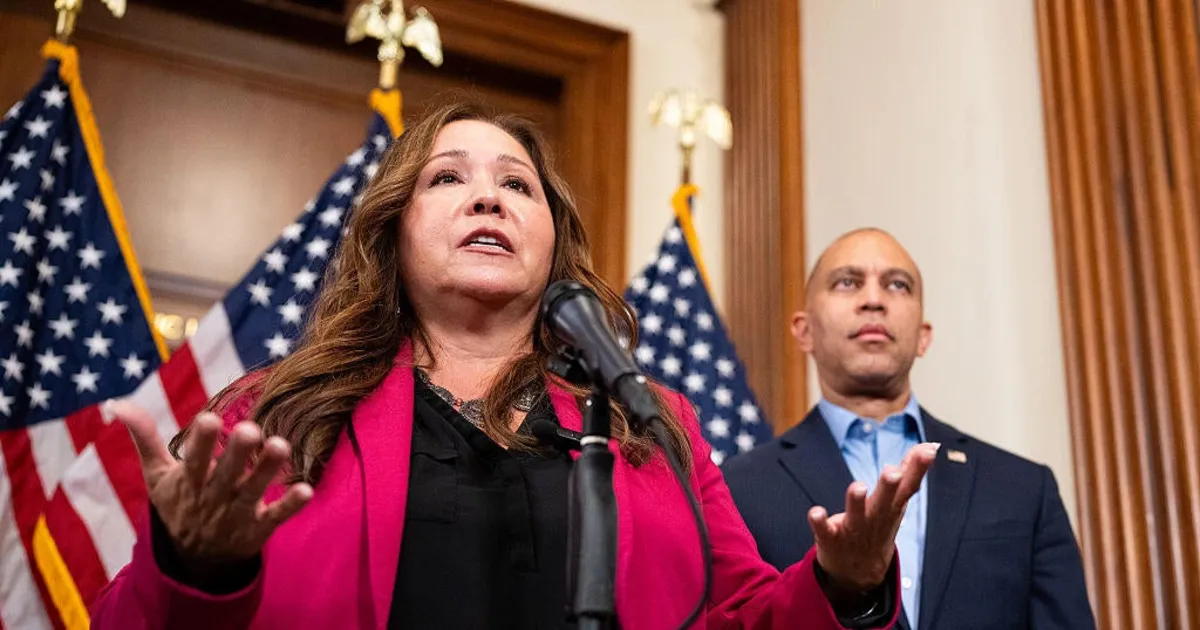
In a significant legal move, Arizona's attorney general has initiated a lawsuit against the House of Representatives, challenging the delay in swearing in Democratic Rep.-elect Adelita Grijalva. This delay is particularly critical as Grijalva's signature is essential for a petition aimed at forcing a vote on the release of files related to the convicted sex offender Jeffrey Epstein. The lawsuit was filed by Arizona's Democratic Attorney General Kris Mayes in the U.S. District Court in Washington, D.C.
Attorney General Mayes is demanding that Grijalva be officially sworn in following her victory in a special election held last month. The lawsuit seeks a judicial declaration that Grijalva will become a member of the House of Representatives once she takes the legally mandated oath. Furthermore, if House Speaker Mike Johnson fails to administer the oath, Mayes requests that it be carried out by any legally authorized individual under U.S. law, D.C. law, or Arizona state law.
In response to the lawsuit, Speaker Johnson publicly dismissed the claims, labeling them as "patently absurd." He asserted that his leadership governs the House and emphasized that Grijalva lacks jurisdiction in this matter. Johnson stated, "We're following the precedent," and implied that Mayes is merely seeking publicity. Despite the ongoing government shutdown, Johnson has assured that Grijalva will take her oath of office once the House reconvenes.
Adelita Grijalva was elected on September 23 to succeed her late father, Raul Grijalva, but the House has not convened since September 19. This was when the House passed a short-term funding measure proposed by Republicans. Speaker Johnson has continuously extended the recess, preventing the House from returning to session amid the ongoing government shutdown.
Supporters of the bipartisan petition concerning Jeffrey Epstein have expressed concerns that the delay in Grijalva's swearing-in is a strategic move to postpone a vote on releasing critical files. Grijalva has voiced her intention to sign the petition, which requires 218 signatures to compel a vote in the House.
In recent days, Democratic members have rallied to demand the immediate swearing-in of Grijalva. They have marched to Johnson's office and attempted to gain recognition during pro forma sessions, although these efforts have been unsuccessful. Grijalva herself highlighted the urgency of her situation, stating, "Every day that I am not sworn in is another day that my constituents are blocked from critical constituent services and excluded from debates happening right now that affect their lives."
This legal battle underscores the tensions surrounding the current congressional climate and the implications for constituents awaiting essential representation. As the situation unfolds, the outcome of the lawsuit could have significant ramifications not only for Grijalva but also for the broader legislative agenda concerning the Epstein files.